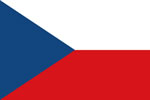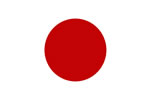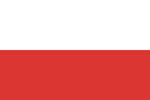| |












 Croatian, Za vise informacija na hrvatskom jeziku, molimo kontaktirajte Tamaru, tamara@homeinleiden.nl  German, Wenn Du weitere Informationen auf Deutsch brauchst, wende Dich bitte an Dorothea, dorothea@homeinleiden.nl  Danish, For mere information paa Dansk kan De kontakte Heidi. ckb.hw@wxs.nl  Hebrew, michalstup@hotmail.com  Russian, u.jurik@yahoo.com  Czech, Pro více informací v ceském jazyce kontaktujte prosím eva.pentel@seznam.cz  Japanese, mari@homeinleiden.nl  French, Pour plus d'informations en français, vous pouvez contacter Claire Caron sur clairecaron@hotmail.com  Polish, Po dodatkowe informacje w jezyku polskim kontakt d.tomkiewicz@gmail.com or lidiacichocka@op.pl  Spanish, Si quieres más información en castellano, no dudes en ponerte en contacto conmigo, Laura laura@homeinleiden.nl  Indian, Please contact Rippy at rippy@homeinleiden.nl if you'd like help in Hindi or Punjabi.  Diana Jekina, djekina@hotmail.com.
|
|
|
About us
Pregnancy and Birth
Childrens Health
Childcare
Schools
Learning Dutch
Previous Homepages
FAQ: Moving to Leiden
Oegstgeest
Museums
Playgrounds
Parks
Cafes and Restaurants
Getting around
Hotels and B&Bs
The library
|
|
Baby/Toddler Groups
Vogelwijk Playgroup
Oegstgeest Family Life
Classes and Sports
Photo Gallery
Vrouw Kind Centrum
Shops
Find a Babysitter
Dutch Etiquette, Festivals and Traditions
Greener Leiden Living
HIL Top Tips
Expat Centre Leiden
Useful Links
|
|